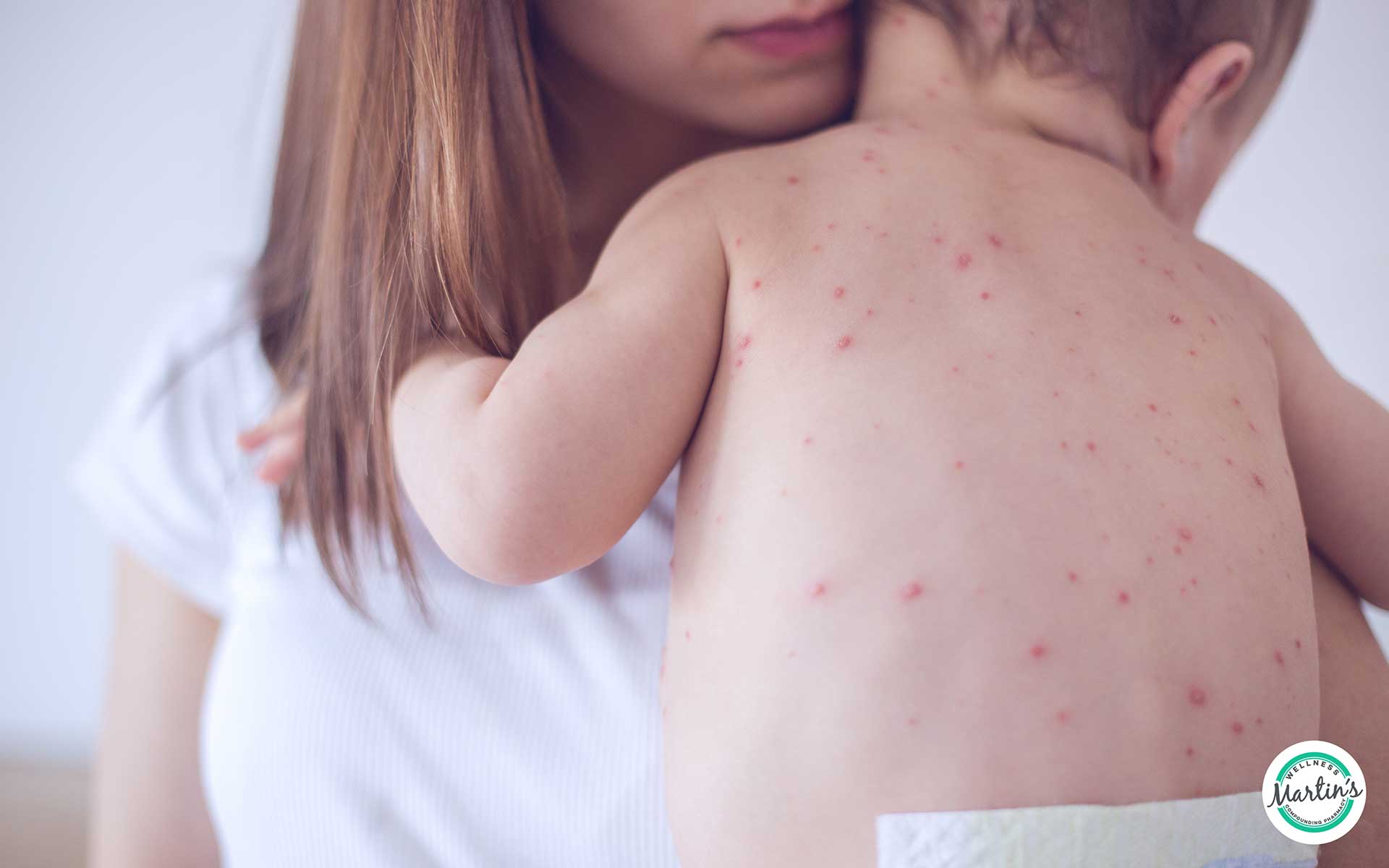Texas Measles Outbreak: What You Need to Know

Texas is experiencing a significant measles outbreak, primarily affecting the state's western region. The Centers for Disease Control (CDC) anticipates that the outbreak could expand rapidly, with over 220 cases already confirmed in Texas, resulting in 29 hospitalizations and two fatalities - the first measles-related deaths in the U.S. in nearly a decade.
What Are Measles Symptoms?
Measles is a viral disease that spreads through the air via droplets that can linger for up to two hours when an infected person breathes, sneezes, or coughs. The virus first infects the respiratory tract before spreading throughout the body, causing a high fever, runny nose, cough, red and watery eyes, and a rash. The rash generally appears three to five days after the first symptoms, beginning as flat red spots on the face before spreading to the neck, trunk, arms, legs, and feet. The fever can spike to over 104 degrees Fahrenheit when the rash appears.
According to the CDC, measles can also lead to complications such as ear infections, pneumonia, and encephalitis. While there is no specific antiviral treatment for measles, vaccination with the measles, mumps, and rubella (MMR) vaccine is highly effective in preventing the disease.
Are the Measles Contagious?
Measles is one of the most contagious diseases known to medicine, as the virus is airborne and spreads quickly. The current spread is especially concerning, as the virus had been considered eliminated from the U.S. since 2000. An example commonly used by health professionals to illustrate measles' rapid spread is to picture a room full of people, where if 10 unvaccinated people enter and one has measles, nine will leave infected. Both adults and children are susceptible, primarily when unvaccinated.
How Can You Treat Measles?
Since there is no specific treatment for measles, doctors generally try to alleviate symptoms in an effort to prevent complications and keep patients comfortable. The MMR vaccine remains the most effective preventive measure against measles.
In light of the current outbreak, health officials strongly encourage individuals to ensure they are up-to-date with their vaccinations. Maintaining high vaccination coverage is crucial to prevent the spread of measles and protect public health.
